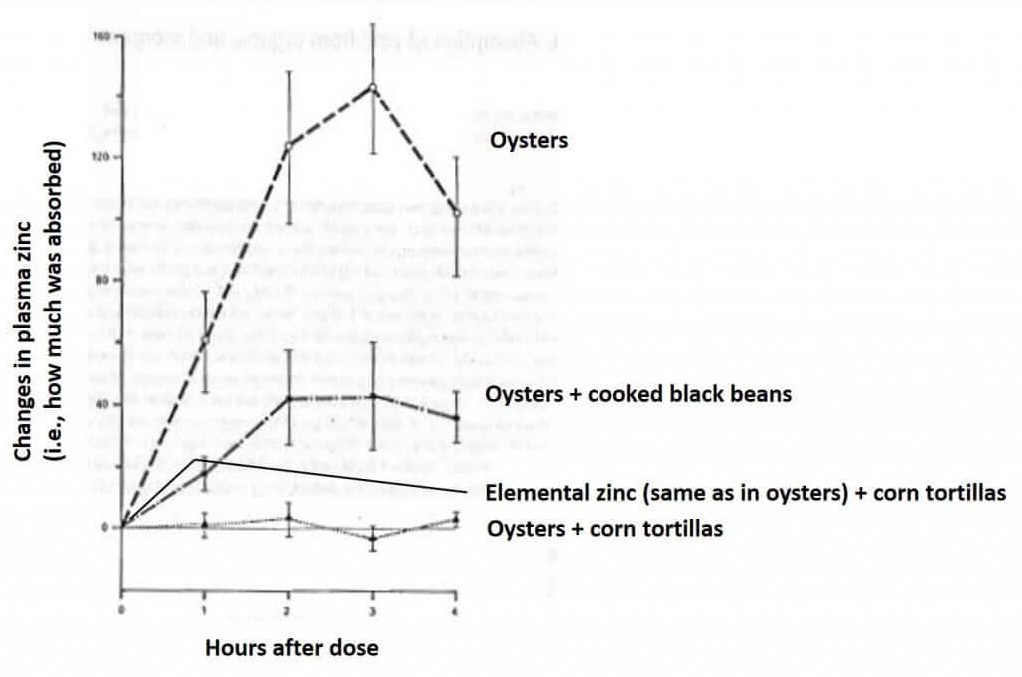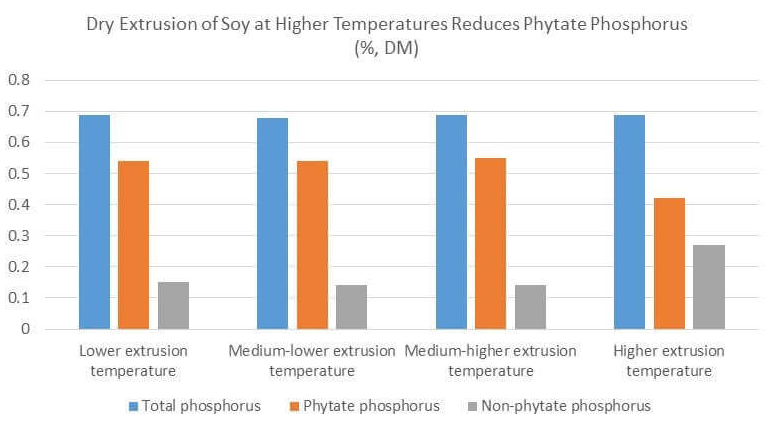Quality Extrusion Supports Sustainable Food Aid

Welfare relief programs worldwide play a crucial role in providing food assistance to those affected by negative political situations and war zones, forcing them to flee their homes. In these critical situations, ensuring a sustainable food supply becomes paramount for human health and well-being. Nutrition aid, a cornerstone of these relief efforts, supports human life in desperate circumstances.
The World Food Programme, at the forefront of such initiatives, sets high standards by delivering balanced nutrition aid products, including corn-soy blends. These blends undergo strict processing guidelines and quality control procedures to ensure proper cooking, as products failing these tests can be rejected. Sustainability in this context involves not only meeting immediate food needs but also optimizing nutrient absorption for long-term health benefits.
Nutrients in food are only beneficial if absorbed by the digestive tract. For corn and bean-based products, this absorption can be compromised, highlighting a potential challenge in sustaining optimal health outcomes.
Zinc is an essential mineral nutrient, important for normal enzyme reactions in the body. It’s important for normal immune function so much so that as many as 800,000 children in the developing world die from zinc deficiency each year.

And yet, as indicated in the graph above, zinc absorption in humans is dramatically reduced, or even non-existent, when bean and corn – based ingredients are present. The consumption of oysters, which are rich in zinc, causes plasma zinc to spike (indicating absorption into circulation), while oysters with lightly cooked black beans dramatically reduces zinc absorption. With corn tortillas (only heated mildly), zinc absorption is essentially abolished. Even with elemental, pure zinc and corn tortillas, absorption is greatly curtailed.
This all has to do with the naturally present phytate phosphorus in most plant ingredients. Phytate binds zinc and other minerals and prevents them from being absorbed. This has been well documented here.
So, back to quality products for nutrition aid – when dry extruding corn-soy blends, it’s extremely important to use the correct temperature, as this data with dry extruded soy indicates:

Addressing this challenge involves strategic measures. Dry extruding corn-soy blends at higher temperatures can reduce phytate phosphorus, potentially freeing up zinc for absorption. This underscores the importance of quality control tests and the need for sustainable processing practices in nutrition aid products.
This data prompts the question: should raw soy and corn be extruded individually, optimizing the process for each ingredient before combining them into corn-soy blends? This consideration aligns with the broader goal of ensuring that food aid translates into effective nutrition aid. Insta-Pro emerges as a valuable partner in this journey, offering expertise to process ingredients properly and enhance the sustainability of nutrition aid efforts.



